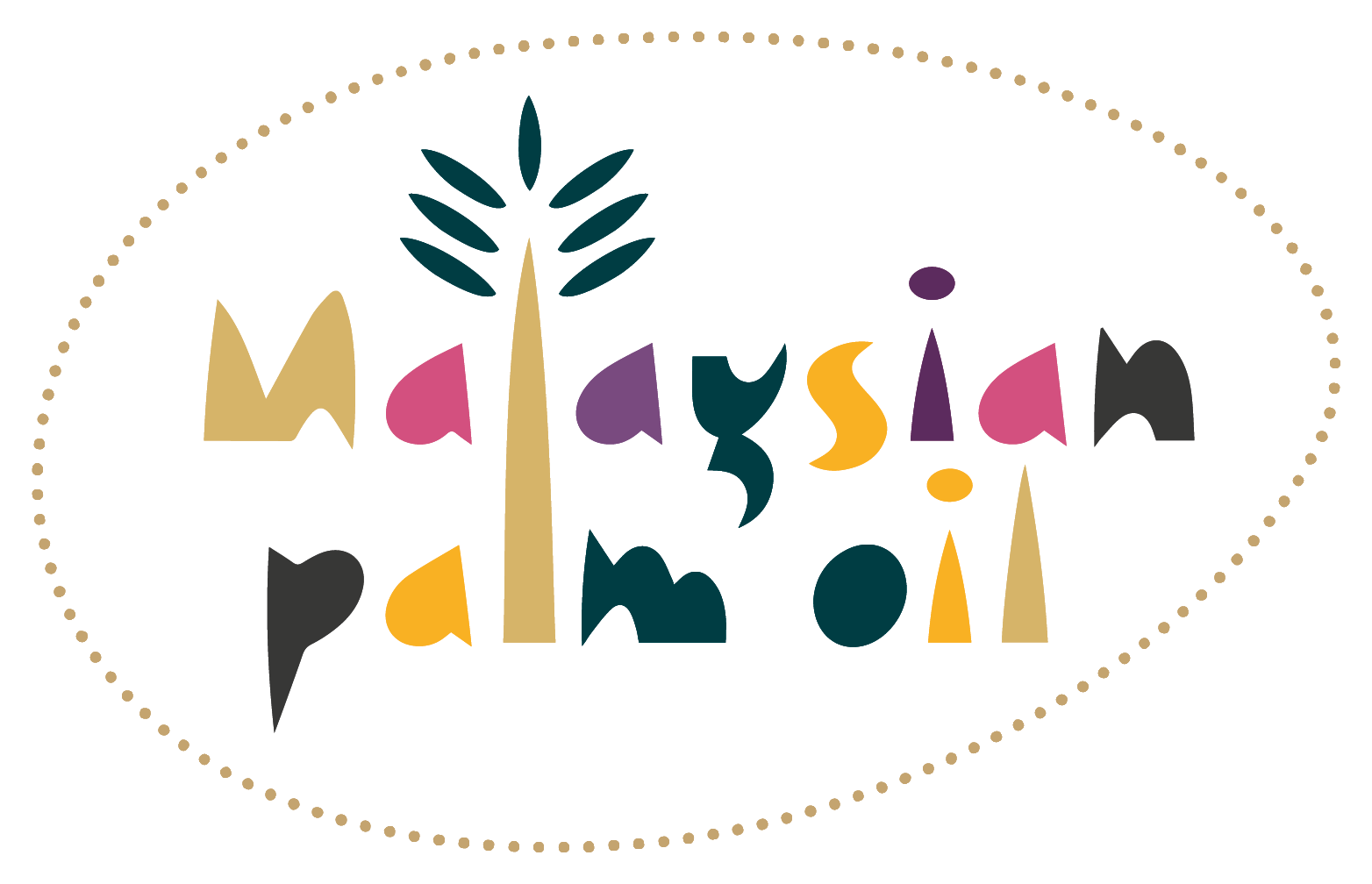The implementation date for the EU Deforestation Regulation (EUDR) is fast approaching â it is the 30th December 2024.
The EUDR is a non-tariff barrier imposed by the EU that impacts certain commodities mainly produced by developing and middle-income nations. Commodities targeted include palm oil, rubber, timber, cocoa and others. The EUDR will cause a financial and technical burden on Malaysian companies, especially smallholders. It is possible that some could be excluded completely from EU supply chains simply because EUDR requirements are too onerous and burdensome.
Malaysia has an important ace up its sleeve: the Malaysian Sustainable Palm Oil (MSPO). MSPO aligns with EUDR requirements, as confirmed by a recent Analysis by the European certification expert Pierre Bois dâEnghien.
MSPO can therefore be used as a tool for EUDR compliance by companies â and should be accepted by the EU Commission as a formally recognised compliance standard.
The MSPO certification has established itself as the global gold standard for palm oil sustainability and assurance. It is also a mandatory system, meaning it covers all sectors in the supply chain; including both smallholders and large plantations.
As exporters in Malaysia and around the world prepare for the EUDR implementation deadline, some key facts demonstrate how MSPO is a solution for EUDR compliance:
